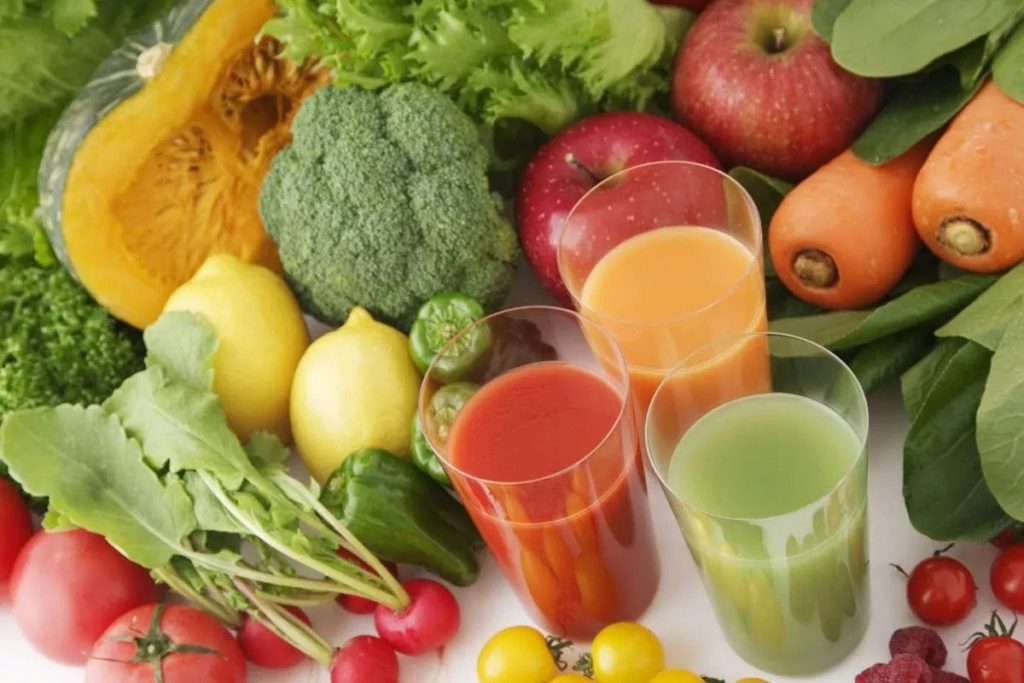If you’re into the health blogs and all the new fitness trends, you may have heard of the new craze juicing. It basically is a method of blending all different types of fruits and vegetables into shakes and drinking them in place of meals as a way to detox your body, lose weight and even prevent disease. Although having more fruits and veggies in your diet is a good thing, many are skeptical about the fad. Some of the benefits of juicing include the fact that eating several servings of fruit a day can improve your lifespan and so for those who do not like to have salads every day, this is a good alternative to get the same nutrients and minerals in. However, a healthy diet has to have a balance of protein, whole grains, dairy, fruit and vegetables and some of those things just don’t juice well. At the end of the day, juicing is a great alternative for those who don’t enjoy eating healthy to get in essential nutrients but it is not all that your body needs.
Benefits of Reformer Pilates
Reformer Pilates is quickly becoming one of the more popular exercise routines in the country. Rather than being done on a mat like in traditional


